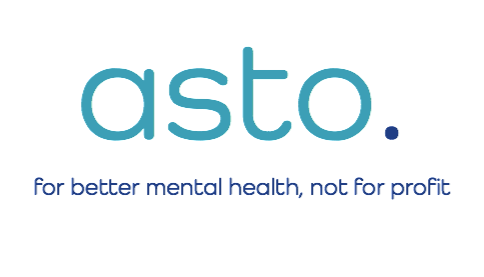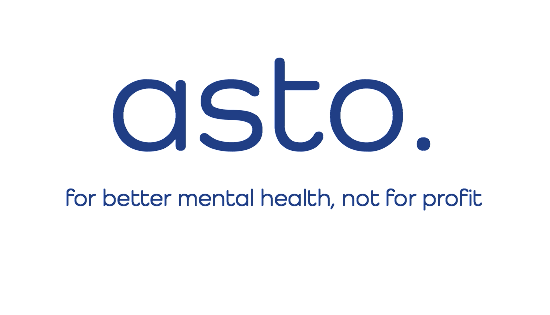Success So Far: A Clinical Reflection on Asto Clinics’s Early Results
Over the last three years, Asto Clinics has introduced an online, structured, time-limited, and group-based psychological intervention for individuals with Obsessive-Compulsive Disorder (OCD). With 17 treatment programme cohorts or groups completed and hundreds of sessions delivered, it is a good time to take stock.
Measurable Results
Since starting its first treatment cohort in June 2022, Asto Clinics has received 1,350 enquiries, carried out 301 telephone screenings, and psychologically assessed 154 individuals, of whom 121 have completed the 12-week OCD Treatment Programme. The format, delivered online in small groups of up to ten participants, combines both cognitive-behavioural therapy (CBT) and exposure and response prevention (ERP), which is consistent with the NICE (National Institute for Health and Care Excellent) guidelines for the psychological treatment of OCD.
Among the treatment programme completers:
68% (82 participants) met criteria for a clinical response (or considerable improvement), which is defined as a significant reduction in the severity of OCD and any functional impairments or lifestyle restrictions.
43% (52 individuals) met the threshold for recovery, which is operationalised as being “OCD-free” by international expert consensus criteria for defining treatment outcome or results in OCD.
Patients who completed the programme rated it highly in terms of satisfaction, with an average recommendation score of 9.8/10.
From a clinical standpoint, these are really encouraging results, particularly in view of the perceived challenges associated with engaging in ERP and the fact that approximately 74% of all treatment completers had psychological, and 73% had pharmacological (medication) treatment for OCD in the past.
Patient Experience
In addition to quantitative outcomes, the qualitative or verbal feedback provides useful insight into patient experience. Testimonials describe a strong collaborative and trusting relationship with the programme therapists or group facilitators, who bring both extensive clinical training and lived experience with OCD. This appears to have fostered engagement, reduce stigma, and support treatment adherence.
One participant noted the value of being in a group:
“It allowed me to see that I was not alone… and gave me some much-needed motivation.”
Others commented on feeling heard and supported by the team, with several referring to the accessibility of the online format as an enabling factor in their recovery.
For many, like Grace: “Asto gave me my life back…I felt fully supported throughout my journey…I would highly recommend the programme to anyone struggling with OCD…OCD recovery is hard, but there’s nothing harder than living with it”.
Mike, CEO of a large mental health charity, shares a powerful moment: “Please know you are not your thoughts…That is the key to recovering from our condition…Believe in the programme. It works!”
Asto Clinics journey has only just begun. With the help and support of more kind donations, it can continue to assist thousands of individuals struggling with OCD in managing or overcoming this devastating condition. Steve Turnock, CEO and founder of Asto Clinics, who used to suffer from severe and chronic OCD himself, wants the charity to be accessible to as many people with OCD as possible in the UK and enable them to claim their lives back.
If you are reading this because you, or someone you care about, is experiencing symptoms or problems with OCD, please know this: you are not walking this alone. Asto Clinics’s journey since June 2022 shows that recovery is not just possible, it can really happen.

